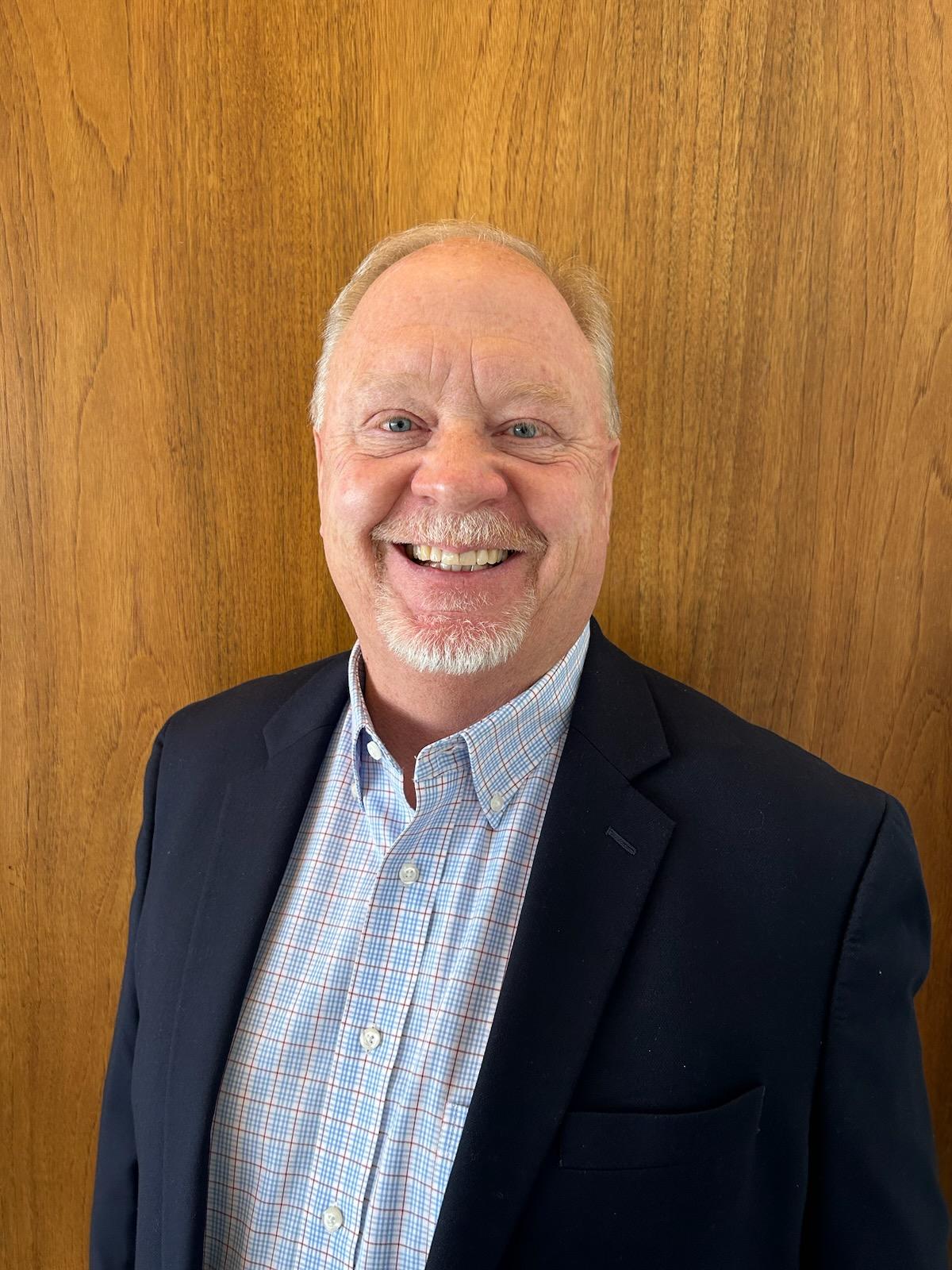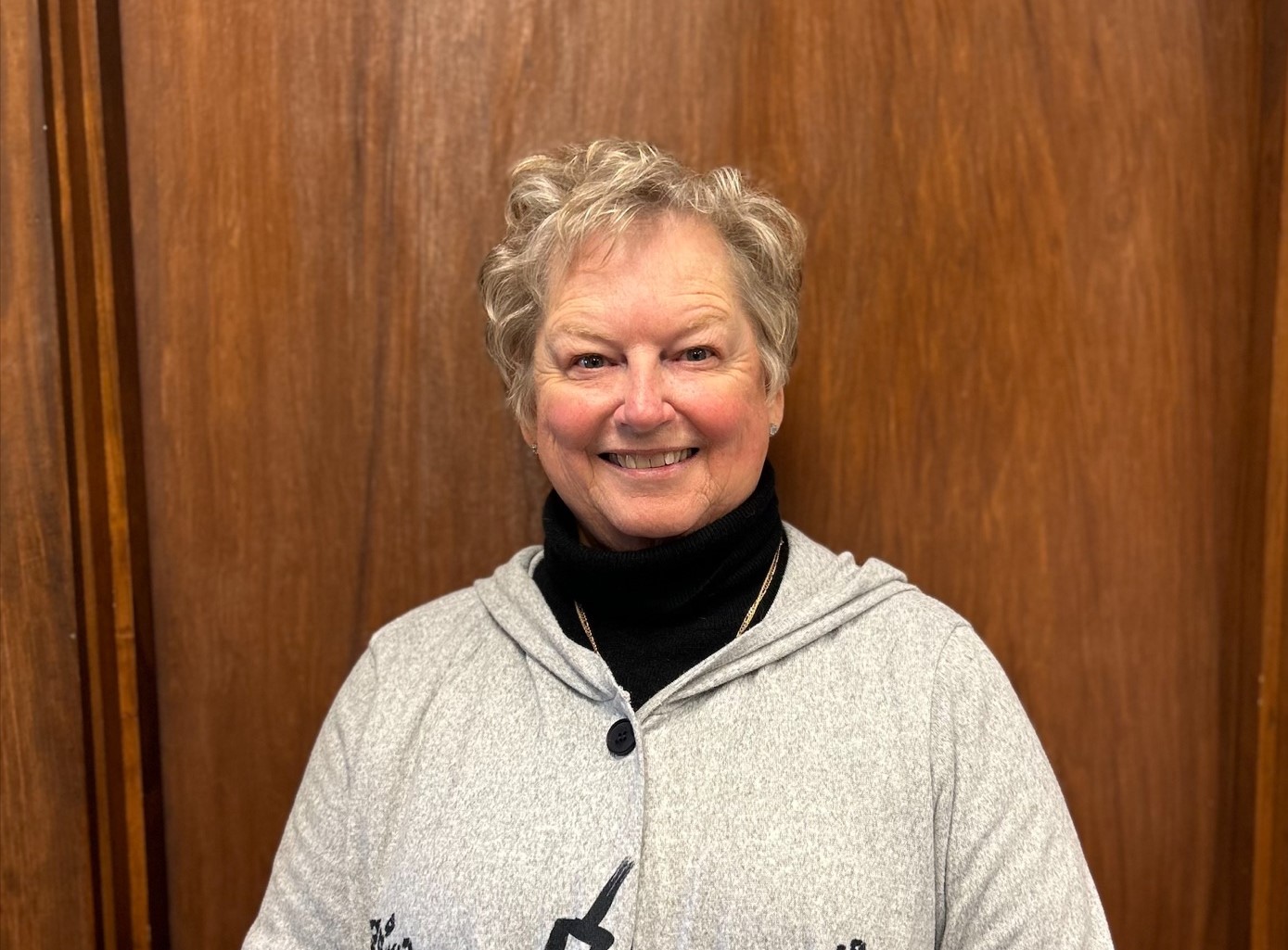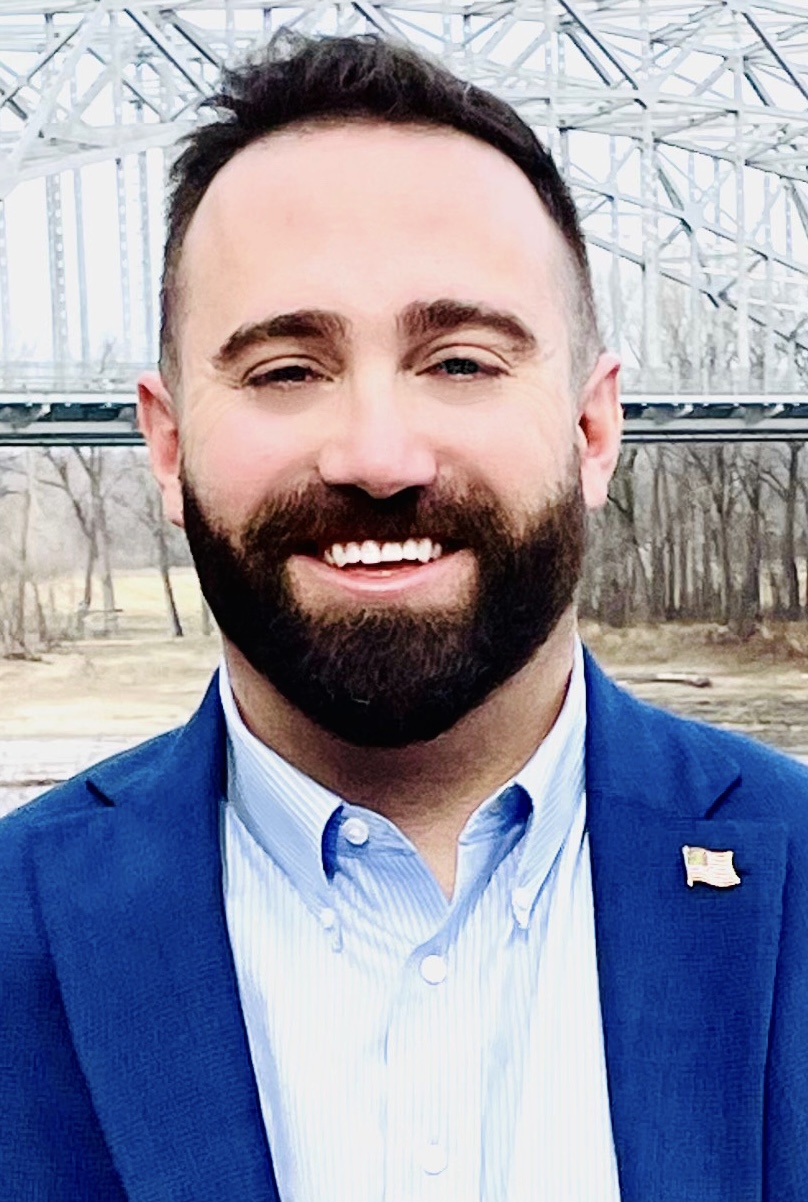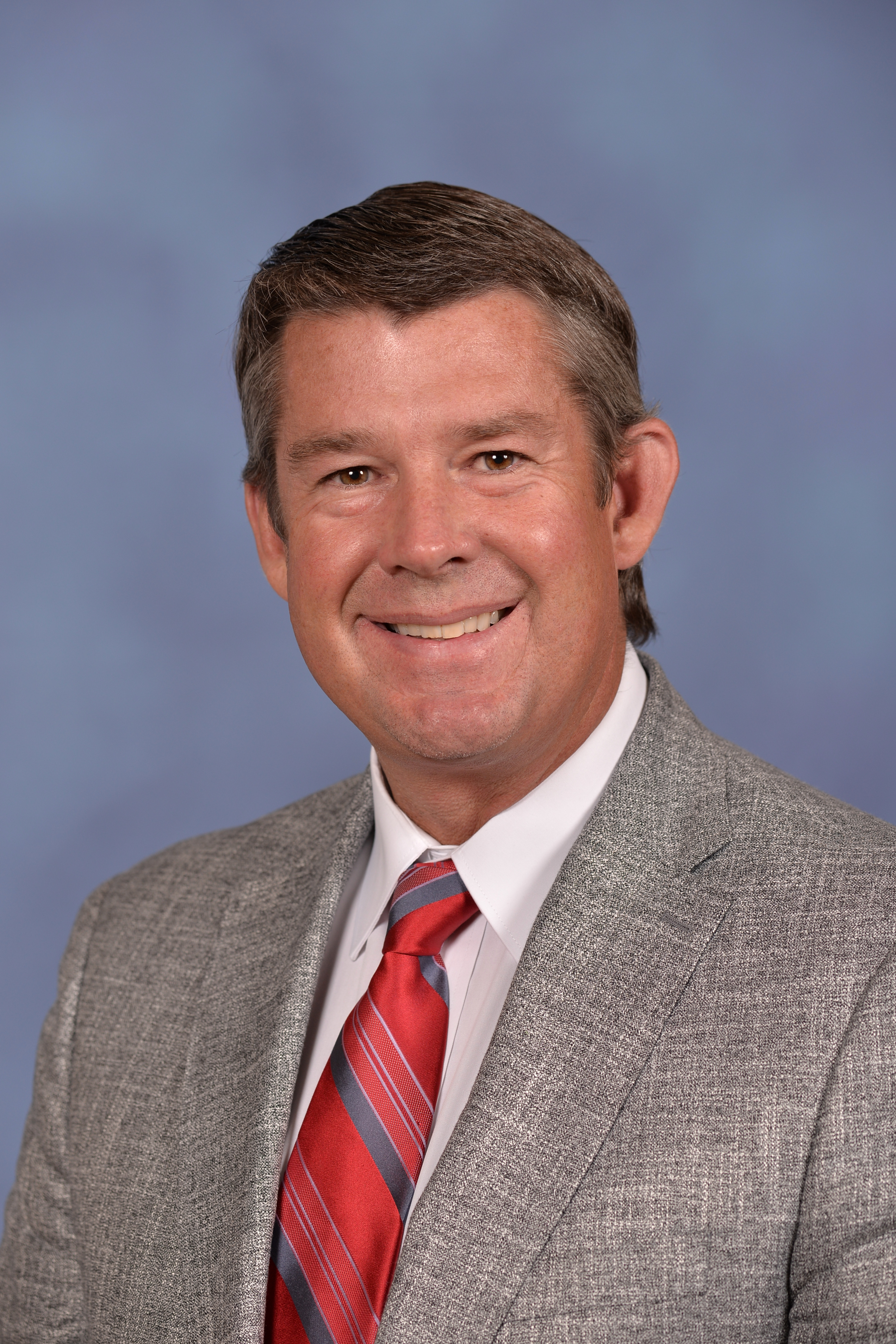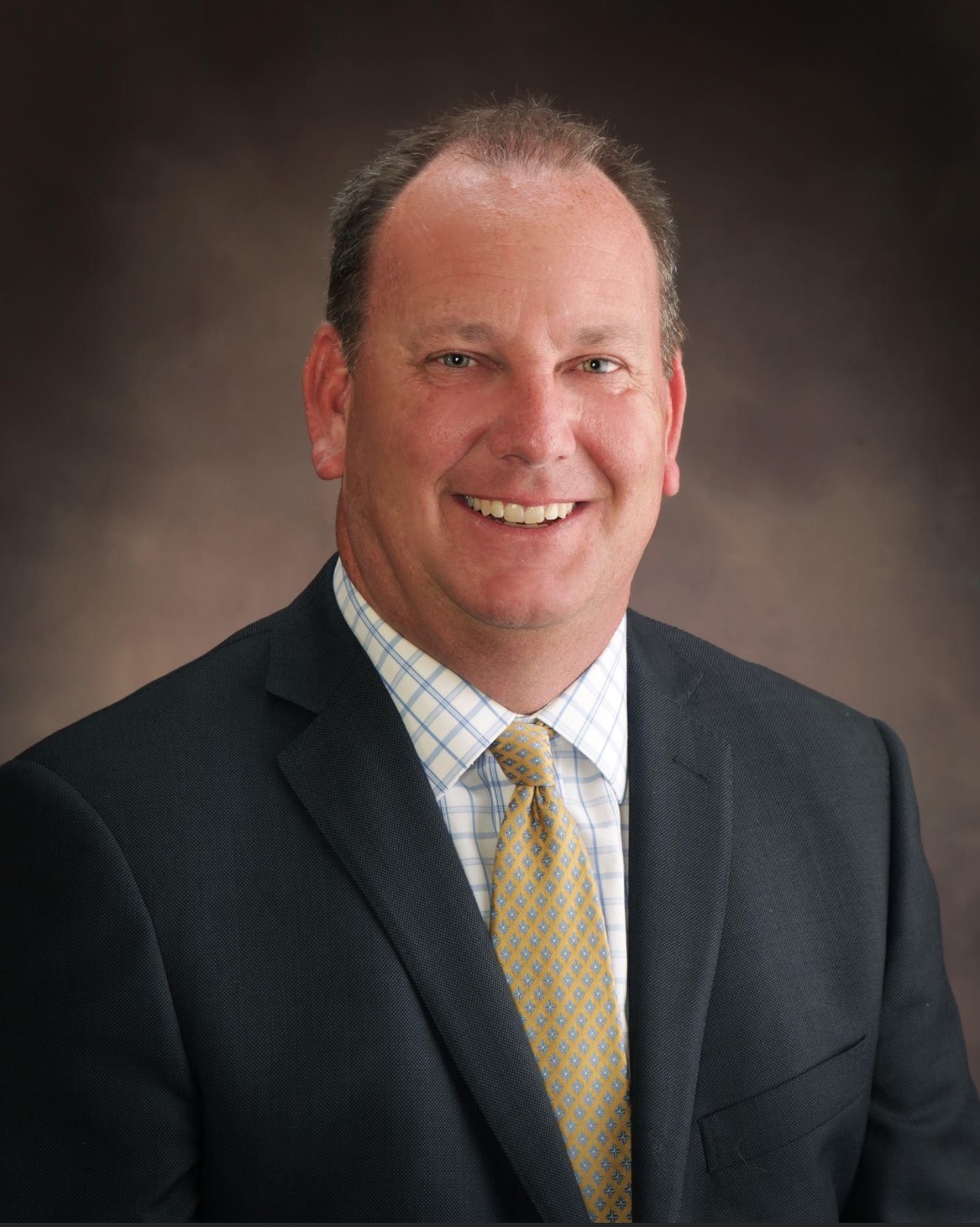A bill in the Missouri Senate would permit truck drivers to file a complaint if they believe they were overcharged for a nonconsensual tow. The issue has historically been derailed by the governor.
The Owner-Operator Independent Drivers Association, which is headquartered in Grain Valley, Mo., and the Missouri Trucking Association support the effort.
Currently, state law does not allow affected operators to file a complaint. Sponsored by Rep. Dave Griffith, R-Jefferson City, HB543 is intended to help truck operations of all sizes.
Supporters say the bill would ensure that individuals are not taken advantage of with burdensome or unreasonable charges for vehicles being towed when there is otherwise no recourse available.
The bill includes a provision to give greater protection and recourse for third parties. Specifically, parties whose goods are impounded with the vehicle would be able to have them released. Additionally, the towing operation would be required to provide an itemized receipt.
Owners of goods transported in affected trucks would be permitted to file a petition in circuit court claiming the property was wrongfully taken or withheld.
The security required for the release of the commercial vehicle from the possession of the towing company would be 30% of the total charges for towing and storage.
Advocates add that the bill would give greater protection and recourse for third parties, those whose goods are impounded with the vehicle and have no way of accessing them.
Critics say there are already safeguards against “bad actors.” They add that this bill does not further these protections but instead only burden legitimate tow businesses.
House lawmakers approved the bill earlier this month on a 151-3 vote. HB543 has moved to the Senate Transportation, Infrastructure and Public Safety Committee.
Governor not supportive
Related pursuits have been vetoed as recently as 2021 and 2019.
The 2021 bill sought to provide additional consumer protections for truckers facing unscrupulous tow operators.
In his veto letter, Parson said one section of the bill would have allowed the Joint Committee on Transportation to regulate towing rates, investigate towing complaints and establish for law enforcement a towing rotation for commercial vehicles.
Parson described the proposal as “legally problematic.”
“As a practical matter, the committee cannot legally function as this proposal suggests,” the letter stated.
Two years earlier, Parson vetoed a bill that included a provision to address concerns about nonconsensual towing in the state by creating a towing task force.
The governor said at the time that the state has “adequate protections” to address towing matters.
Truckers question ‘hang up’ on issue
OOIDA has spent years working with states to establish regulations to protect truck drivers in the event of a nonconsensual tow.
Since the trucker is not able to check the price of the towing service, the trucker is at the mercy of the towing company when it comes to the cost.
OOIDA Executive Vice President Lewie Pugh says it does not make sense for the Missouri governor to continue to stand in the way of protecting consumers.
“We have scratched our heads each time Gov. Parson has vetoed this very reasonable legislation that would correct a serious problem in consumer protection.”
Pugh questions what the governor has against small-business truckers.
“Why does he like to see them ripped off so badly?” LL

